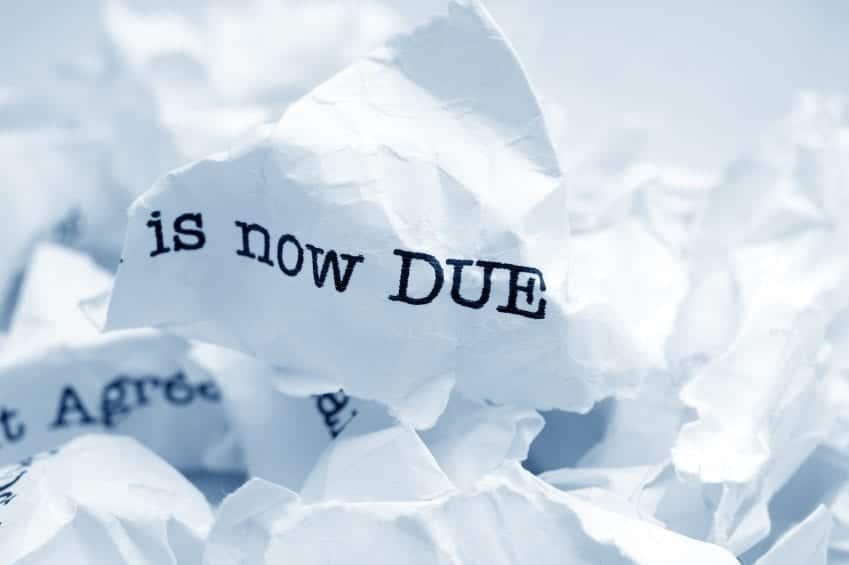Sometimes, despite the most well-crafted dunning letter or invoice reminder, your client still can’t seem to get that check into the mail. A letter or email, unfortunately, can be put aside for later or ignored entirely. That’s why a well-placed phone call can be the best investment of your time to get paid for your work.
Making the Call
For your customers who regularly pay you on time, a reminder letter about an overdue invoice could be enough to prompt them to pay. But for customers who regularly don’t pay on time, it will take a different kind of motivation.
People usually have many different bills to pay, and they’ll create a hierarchy of who they pay first. A delinquent customer has not put you at the top of this list. Learning to make an effective collection phone call will help establish that you demand prompt payment and can even improve your relationship with that client.
But don’t go into these collection phone calls without a plan.
Planning Ahead
If you’re comfortable making phone calls in general, you might be tempted to simply “wing it,” but having a concrete plan will make your collection phone call much more successful. Outline, in writing, some talking points and goals for the call. This way you’re not wasting the customer’s time – or your own. Some questions you might want to consider include:
- Is the customer satisfied with the goods/services you provided? If not, what can you do to help?
- Are you up to date with the client’s life and business news? What are some friendly talking points you can mention?
- Is your client familiar with the payment methods you accept?
- How can you ask why the payment is late without sounding accusatory?
- What will you do if the call goes to voicemail?
Try using open-ended questions, and aim to let the client talk more than you do. “What time can you send me a wire transfer today?” is a more constructive question than, “Can you pay me today?” because it requires more than a one-word response.
Writing a script with goals will make sure that you don’t hang up without having made any progress. It will also help you stay professional. Payment can be a sensitive topic, so remaining cool and collected is essential for this type of phone call, even if your client gets upset or defensive.
Keep a written record of your calls. Take notes when you’re on the phone, and always date the notes. Make sure to write down what agreement you came to with the client so you can follow up appropriately.
Practice Makes Perfect
It may sound cheesy, but actually saying your script aloud a few times before you call will make the conversation sound more natural. You don’t want to sound like you’re reading the words off a piece of paper; the whole idea of a phone call is to make the transaction more personal.
Try reading the script aloud and changing a few of the words each time to make it sound natural. You will be more comfortable on the call, and your client will be more likely to approach you honestly about why the payment is late. Those are the conditions that will allow you both to make a constructive plan for payment.
About the Author: JM Freuler is a Co-Founder of Funding Gates, a one-stop-shop for small businesses to better manage their receivables. Prior to launching Funding Gates, Jean-Marc worked in Private Equity and Investment Banking, and received a B.Sc. in Aeronautical Engineering from MIT.

